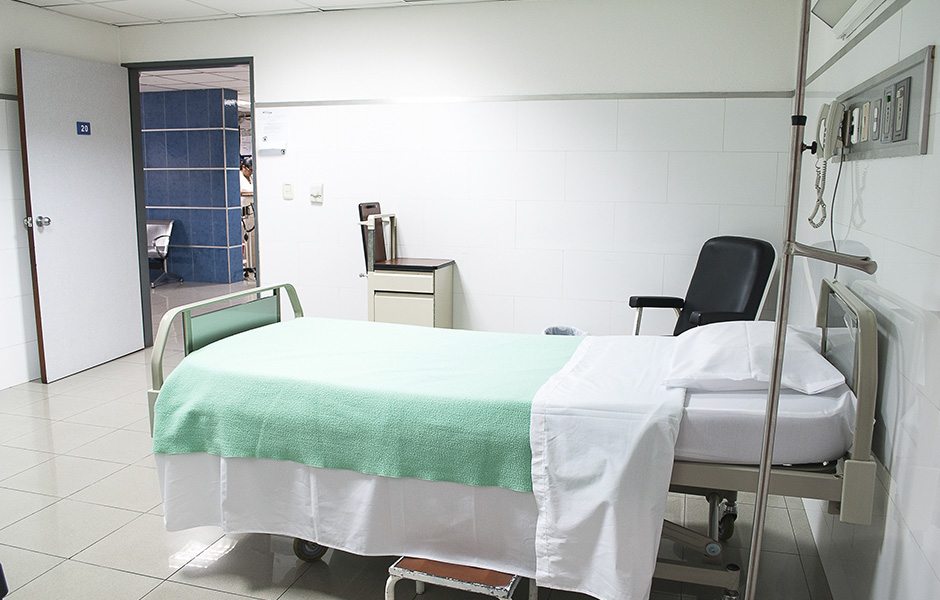Eating disorders, such as anorexia nervosa and bulimia, were the basis of 4,485 hospitalizations between 2000 and 2014 in Portugal. The conclusions are from a group of researchers from CINTESIS, in collaboration with the Faculty of Medicine of the University of Porto (FMUP).
Published in the International Journal of Eating Disorders, the study made a retrospective analysis of hospital admissions for 15 years (from 2000 to 2014) using clinical records of all public hospitals in mainland Portugal. The data, provided by the Central Administration of the Health System (ACSS), were previously anonymized.
“The results showed that the number of hospitalizations for eating disorders remained stable over the years contemplated in the study. However, the cases of anorexia nervosa, in particular, rose from 12.8 per 1 million inhabitants to 23.7 in 2014,” write the researchers Ana Margarida Cruz and Manuel Gonçalves-Pinho in the article.
Anorexia is the most common pathology. 54% of the analyzed cases referred to this disease. 27% of the cases were diagnosed as generic eating disorders and 13% of the cases referred to patients with bulimia nervosa. The majority of patients were female (87%) and had a mean age of 26 years.
The research team recorded an in-hospital mortality of 0.9% in the case of anorexia nervosa, corresponding to 25 deaths in 15 years. Among patients affected with pica (a disorder characterized by the abnormal will to ingest non-food products such as earth, coins, coal), there were 3 deaths.
In total, 229 suicide attempts (5%) were registered, mostly among women, especially those with bulimia (10%).
Hospitalizations in which there were food disorders – in addition to representing a significant emotional and social burden for the patients – corresponded to a “cost to the National Health System estimated at 21.5 million euros, on average € 1.43 million per year “, warns the research team coordinator Alberto Freitas, principal investigator at CINTESIS, stressing that this calculation only covers the direct costs of hospitalization, “there are many others, at different levels, that are not being considered.”
Anorexia nervosa is possibly one of the most lethal mental illnesses, due to the associated malnutrition and the risk of suicide that accompanies the pathology. Although data show that the number of suicide attempts is greater among patients with bulimia, the researchers hypothesize that patients suffering from anorexia can more often end their life in the sequence of an attempted suicide and helped by their more fragile physical condition. “Suicide cases are not included in the analyzed database. Only if these patients are hospitalized when still alive. This leads us to assume that the number of deaths due to eating disorders should be even higher,” concludes Alberto Freitas.
“Eating behavior disorders are a set of pathologies with an important representation in the hospital panorama of our country. The mental health and social stigma that unfortunately is associated with these can contribute to the delay in the search for specialized help with the psychiatrist or family doctor. The later the search for help, the more difficult is the treatment,” explains the researcher and physician Manuel Gonçalves-Pinho, reinforcing “the importance of education for mental health in schools, more specifically in the identification of behaviors that could indicate a disturbance of the behavior in young people”.

